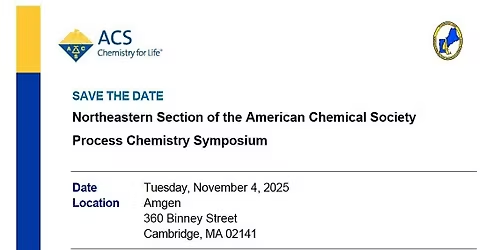
About this Event
Harvard Book Store, the Harvard University Division of Science, and the Harvard Library welcome Steve Ramirez—an award-winning neuroscientist and associate professor at Boston University—for a discussion of his new book, How to Change a Memory: One Neuroscientist’s Quest to Alter the Past. This event will take place at the Harvard Science Center, Hall D, located at 1 Oxford St, Cambridge. Following the presentation will be a book signing.
Ticketing
There are two ticket options available for this event.
Free General Admission Ticket: Includes admission for one.
Book-Included Ticket: Includes admission for one and one hardcover copy of How to Change a Memory.
Note: Books bundled with tickets may only be picked up at the venue the night of the event, and cannot be picked up in-store beforehand. Ticket holders who purchased a book-included ticket and are unable to attend the event will be able to pick up their book at Harvard Book Store up to 30 days following the event. This offer expires after 30 days. Please note we cannot guarantee signed copies will be available to ticket holders who do not attend the event.
About How to Change a Memory
A disarmingly personal account of the new science of memory manipulation by one of today’s leading pioneers in the field.
As a graduate student at MIT, Steve Ramirez successfully created false memories in the lab. Now, as a neuroscientist working at the frontiers of brain science, he foresees a future where we can replace our negative memories with positive ones. In How to Change a Memory, Ramirez draws on his own memories—of friendship, family, loss, and recovery—to reveal how memory can be turned on and off like a switch, edited, and even constructed from nothing.
A future in which we can change our memories of the past may seem improbable, but in fact, the everyday act of remembering is one of transformation. Intentionally editing memory to improve our lives takes advantage of the brain’s natural capacity for change.
In How to Change a Memory, Ramirez explores how scientists discovered that memories are fluid—they change over time, can be erased, reactivated, and even falsely implanted in the lab. Reflecting on his own path as a scientist, he examines how memory manipulation shapes our imagination and sense of self. If we can erase a deeply traumatic memory, would it change who we are? And what would that change mean anyway? Throughout, Ramirez carefully considers the ethics of artificially controlling memory, exploring how we might use this tool responsibly—for both personal healing and the greater good.
A masterful blend of memoir and cutting-edge science, How to Change a Memory explores how neuroscience has reached a critical juncture, where scientists can see the potential of memory manipulation to help people suffering from the debilitating effects of PTSD, anxiety, Alzheimer’s, addiction, and a host of other neurological and behavioral disorders.
Bio
Steve Ramirez has been featured on CNN, NPR, and the BBC and in leading publications such as The New York Times, National Geographic, Wired, Forbes, The Guardian, The Economist, and Nature. An award-winning neuroscientist who has given TED talks on his groundbreaking work on memory manipulation, he is associate professor of psychological and brain sciences at Boston University.
Masking Policy
Masks are encouraged but not required for this event.
Harvard Science Book Talks
The Harvard Science Book Talks series is a collaboration between the Harvard University Division of Science, the Harvard Library, and Harvard Book Store. The series features talks by the authors of recently published books on a variety of science-related topics and is open to both the Harvard community and to the general public. Typically, lectures are followed by a book signing with the author and refreshments.
Event Venue & Nearby Stays
Science Center, 1 Oxford Street, Cambridge, United States
USD 0.00 to USD 34.40












